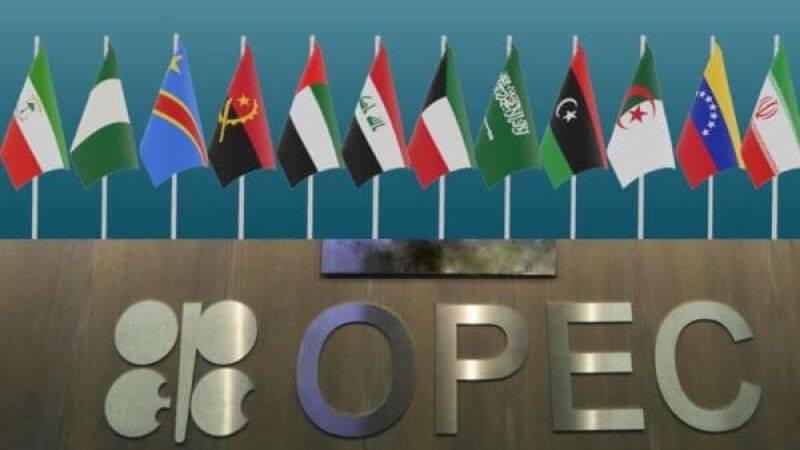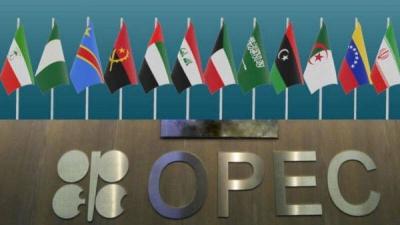Members of the Organization of the Petroleum Exporting Countries (OPEC) and its allies, led by Russia, known as OPEC+, meet in Vienna, Austria, on June 4 to discuss their joint production policy. Here are key facts about OPEC+ and its role:
*What is OPEC and OPEC+?*
OPEC was founded in 1960 in Baghdad by Iraq, Iran, Kuwait, Saudi Arabia, and Venezuela to coordinate petroleum policies and ensure fair and stable prices. It now includes 13 countries, mostly from the Middle East and Africa, and produces about 30 percent of the world's oil. OPEC's influence has faced challenges over the years, often leading to internal divisions, and the global shift towards clean energy and reduced fossil fuel consumption could ultimately diminish its dominance. In late 2016, OPEC formed the OPEC+ coalition with ten of the largest oil-exporting countries outside the organization, including Russia. OPEC+ accounts for about 40 percent of global oil production, and its main goal is to regulate oil supplies to the global market, led by Saudi Arabia and Russia, each producing around ten million barrels per day.
*How does OPEC influence global oil prices?*
The exports of OPEC member countries account for approximately 60 percent of global oil trade. In 2021, OPEC estimated that its members hold more than 80 percent of the world's proven oil reserves. Due to this significant market share, OPEC's decisions can impact global oil prices. Members regularly meet to determine how much oil will be sold in global markets. As a result, oil prices tend to rise when these countries decide to cut supplies amid falling demand, while prices generally decline when the group decides to pump more oil into the market. On April 2, OPEC+ agreed to further production cuts of 3.66 million barrels per day, or 3.7 percent of global demand, until the end of 2023. This helped increase oil prices by about nine dollars per barrel, surpassing 87 dollars in the days following the decision, but Brent crude prices have since declined.
*How does OPEC affect the global economy?*
Some of OPEC's production cut decisions have had significant impacts on the global economy. During the October 1973 War, Arab OPEC members imposed an oil embargo on shipments to the United States in response to its decision to resupply the Israeli army, affecting other countries that supported Israel as well. The organization also announced production cuts. The embargo put pressure on the already suffering U.S. economy, which relied on imported oil. Oil prices soared, leading to increased fuel costs for consumers and fuel shortages in the United States. The embargo pushed the U.S. and other countries to the brink of a global recession. During global lockdowns related to the COVID-19 pandemic in 2020, crude oil prices fell. In response, OPEC+ reduced oil production by about 10 million barrels per day, nearly 10 percent of global output, in an effort to support prices.
*What are the current OPEC member countries?*
The current OPEC member countries are Saudi Arabia, the UAE, Kuwait, Iraq, Iran, Algeria, Angola, Libya, Nigeria, Congo, Equatorial Guinea, Gabon, and Venezuela. The countries participating in the OPEC+ alliance that are not OPEC members include Russia, Azerbaijan, Kazakhstan, Bahrain, Brunei, Malaysia, Mexico, Oman, South Sudan, and Sudan.




